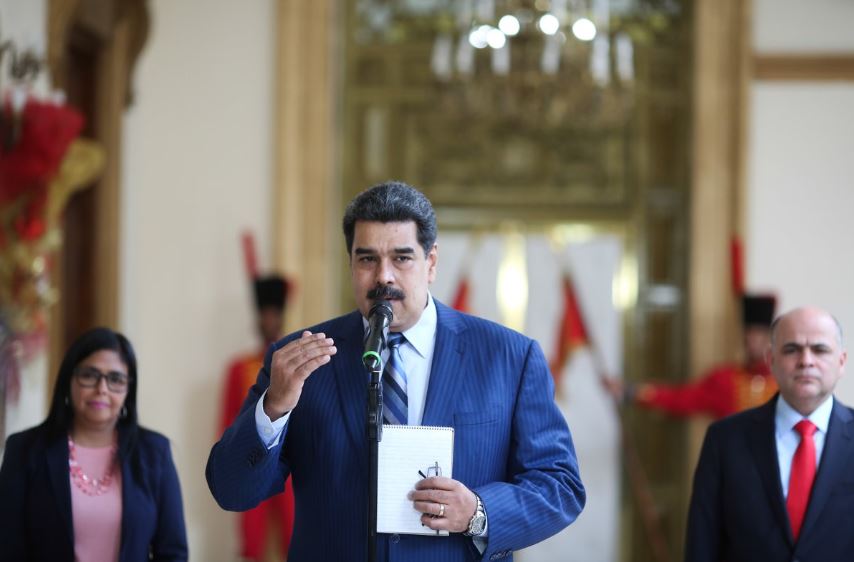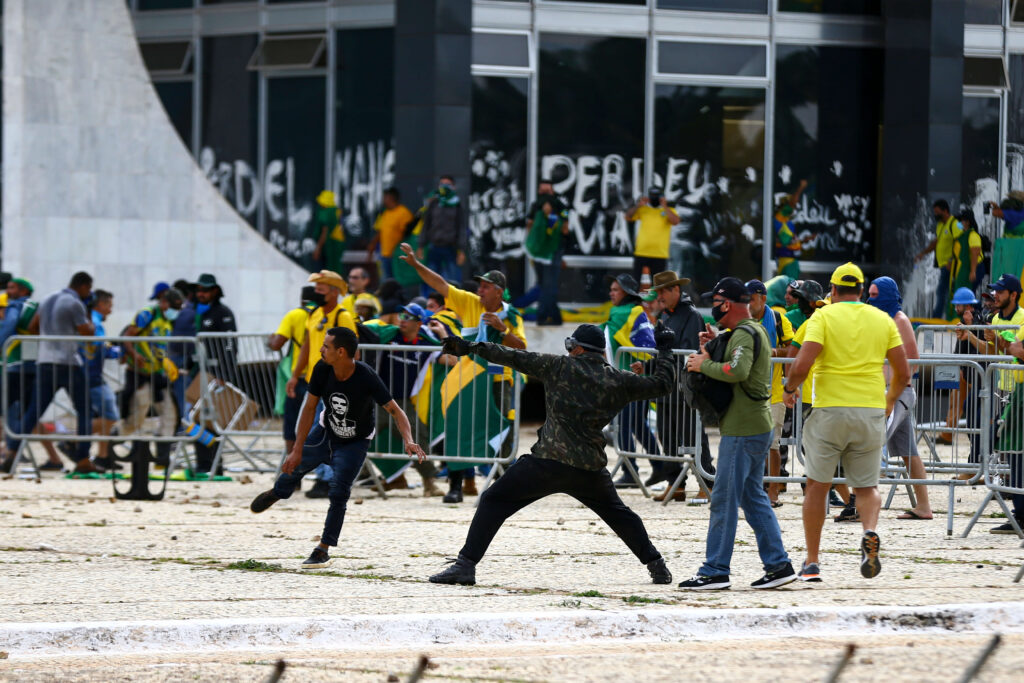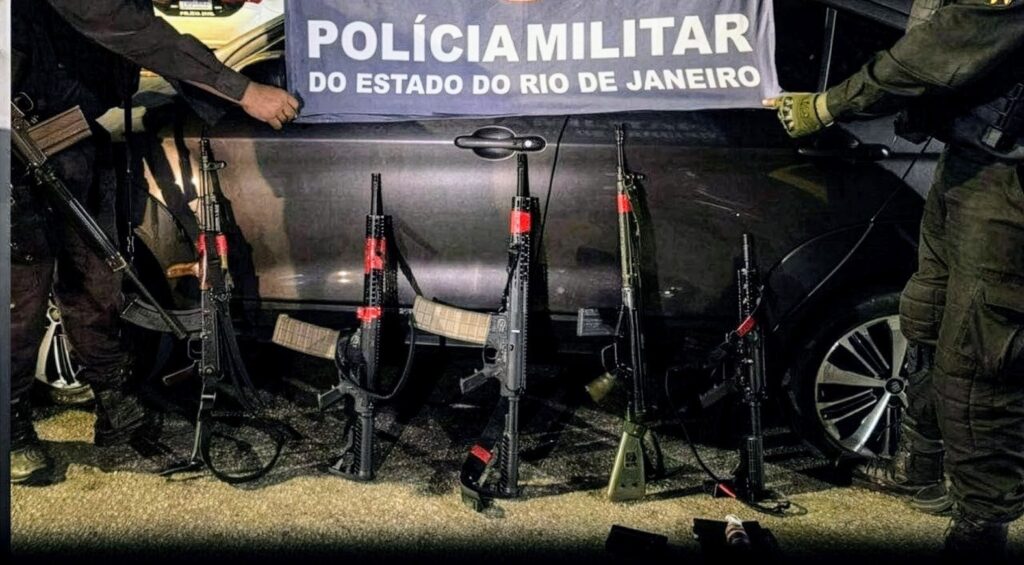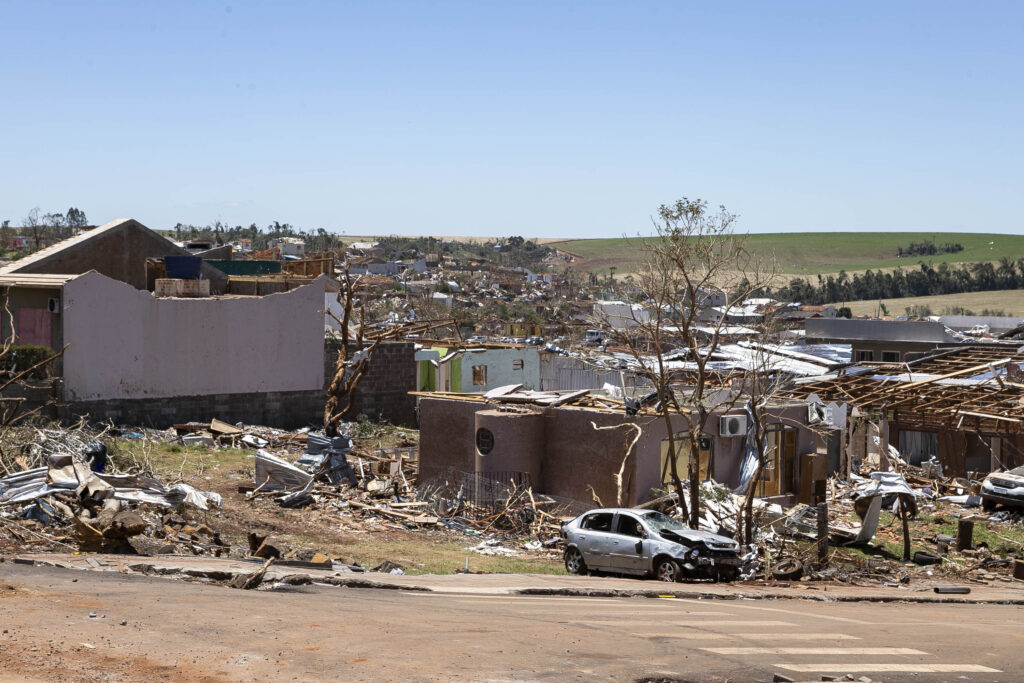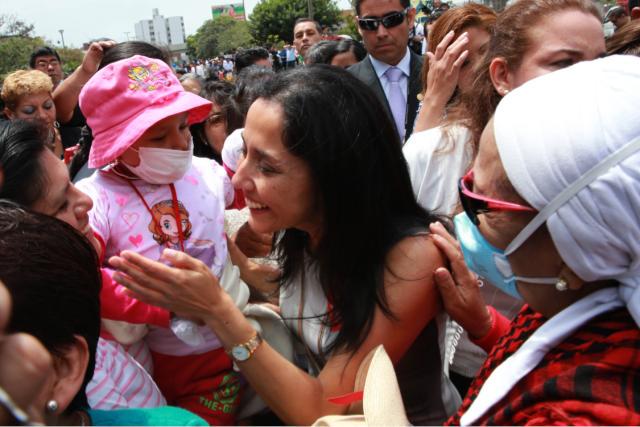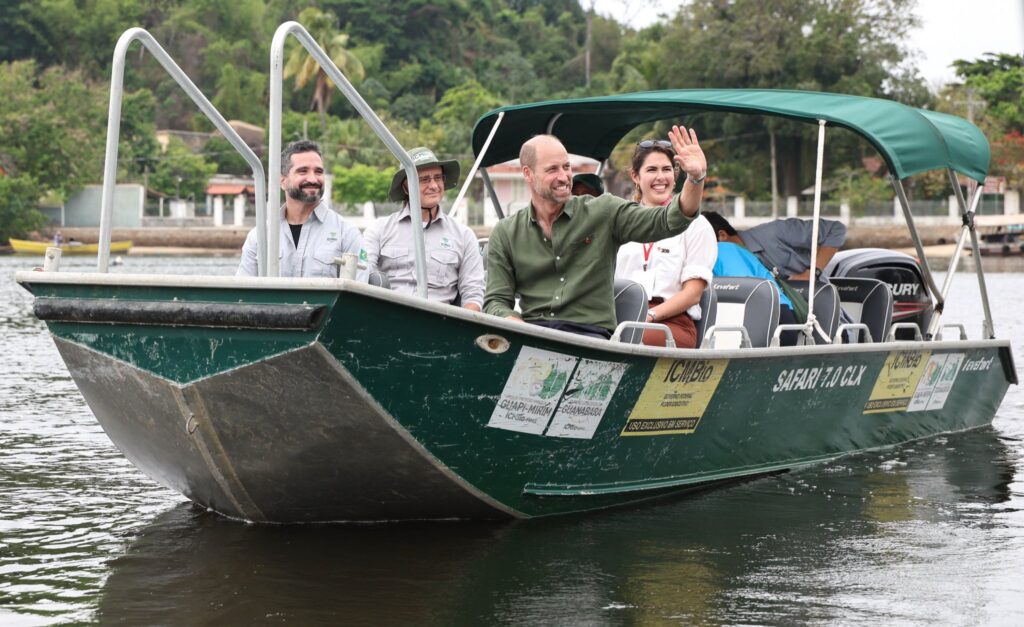After the Lima Group’s recent statement outlining a continued refusal to recognise the leadership of current Venezuelan President Nicolás Maduro, the body of Latin American countries has issued a number of sanctions against Venezuela.
Brazil was one of the 12 Lima Group countries to sign the communique, released on January 4. As a result, Venezuelan diplomats will no longer be authorised to enter any of the countries within the group and diplomatic relations with Venezuela will be reevaluated by each country, which will also suspend all military cooperation with the Maduro regime.
Following his electoral victory last year, President Maduro will begin a new presidential term on January 10 keeping him in power until 2025, despite the Lima Group’s rejection.
The humanitarian crisis which has arguably been caused, in part, by his government, has had no shortage of effects for Brazil.
In August last year, relations between the two countries came to a head when Venezuelan migrants were attacked by local residents in the northern Brazilian town of Pacaraima. Prior to this, the steady flow of Venezuelans entering the country had caused the northern state of Roraima to declare a state of emergency.
With the health and education systems at breaking point, officials even briefly closed off the Brazilian border with Venezuela, an order which – shortly after – was overturned by a supreme court judge.
The recent change in government in Brazil has also seen a vocalisation of intentions not to recognise the Caribbean country as a democracy in its current state. Speaking to Fox News in November after the election of his father, Bolsonaro’s son Eduardo stated, “we are looking forward to not recognising the last election in Venezuela, where much more than 80% of people did not go out and vote.”
Since his father’s inauguration, reports from news agency Reuters have outlined details of a potential collaboration between Brazil and the US. Secretary of State Mike Pompeo was believed to have discussed the support of a return to democracy and reinforcement of human rights in Venezuela with Brazil’s new president.
Pompeo claimed that the US are dedicated to combating Latin America’s “authoritarian regimes,” but did not provide details of his planned actions. In response, a statement was issued by Venezuela’s foreign ministry explaining its “categorical rejection” of Pompeo’s “interventionist attitude,” accusing the US secretary of forcing change.
Since 2015, over 3 million Venezuelans have fled poverty, hyperinflation and food shortages in their country, with the majority pouring into neighbouring countries Brazil and Colombia.


